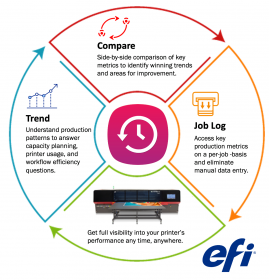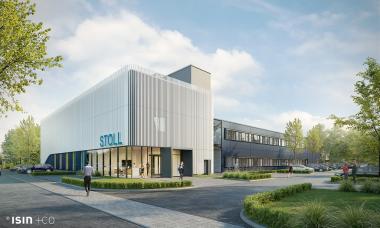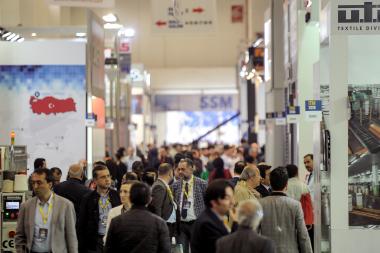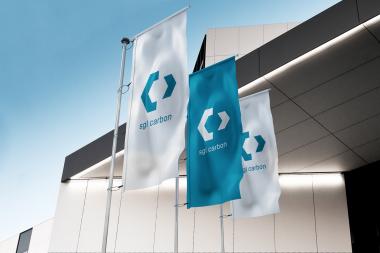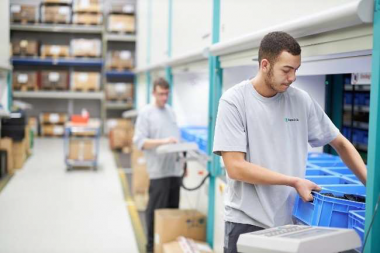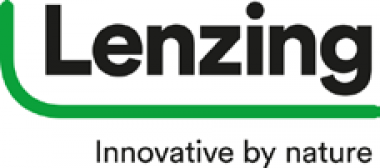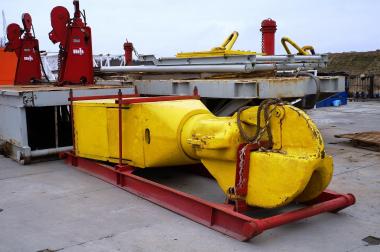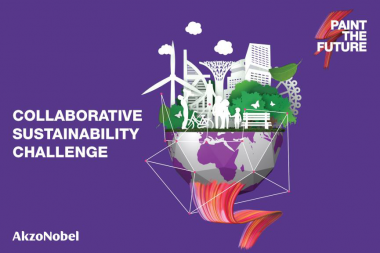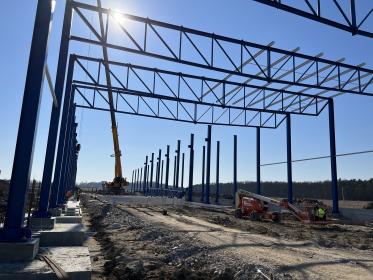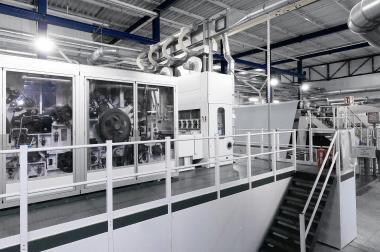EFI IQ now available for Sign and Display Graphics Printers
- Featured at FESPA Global Print Expo 2022, new cloud and mobile suite offerings help reduce costs and maximise the value of customers’ EFI printer investments
Electronics For Imaging, Inc. announced the availability of its EFI IQ™ suite of cloud and mobile applications with supported EFI VUTEk®, Wide Format, and Nozomi inkjet printers. With this cloud service, EFI™ printer users can monitor production and printer utilisation, including exact device-level consumable tracking data, to reduce downtime, reduce costs and maximise the value of their EFI printer investments. New EFI wide- and superwide-format UV LED printers will include a one-year subscription to EFI IQ. EFI inkjet printer users can also purchase IQ subscriptions for other supported printers.
The newly available cloud service for superwide-format production is making its debut at the 31 May - 03 June FESPA Global Print Expo in Berlin.
User-friendly with better business intelligence
According to an early user of the cloud service’s new inkjet offering – Dave Brewer, chief technology officer of California-based Image Options – “EFI IQ is a user-friendly tool that gives me better business intelligence to make better decisions.”
By monitoring their printer fleets in real time, EFI IQ users can reduce consumable spend, save on labour costs, improve margins, and more.
Productivity with powerful cloud tools
The decision to adopt EFI IQ comes down to several key questions owners and managers should ask themselves about business performance, including:
- Can you accurately measure ink usage?
- Is your team able to get real-time production blocking alerts?
- Are you able to compare performance metrics between printers and shifts?
- Are you able to check production status from anywhere, at any time?
The IQ suite is a management solution which has a direct connection to EFI printer data, and it gives business leaders powerful tools to handle their day-to-day production and administrative challenges. Plus, the suite’s EFI Go component helps to ensure that managers receive urgent updates wherever they are. At early user site Studio DAR in Bielsko-Biała, Poland, notifications from the mobile application allow managers and operators to keep the company’s EFI Pro 32r+ roll-to-roll printer running as much as possible.
EFI


